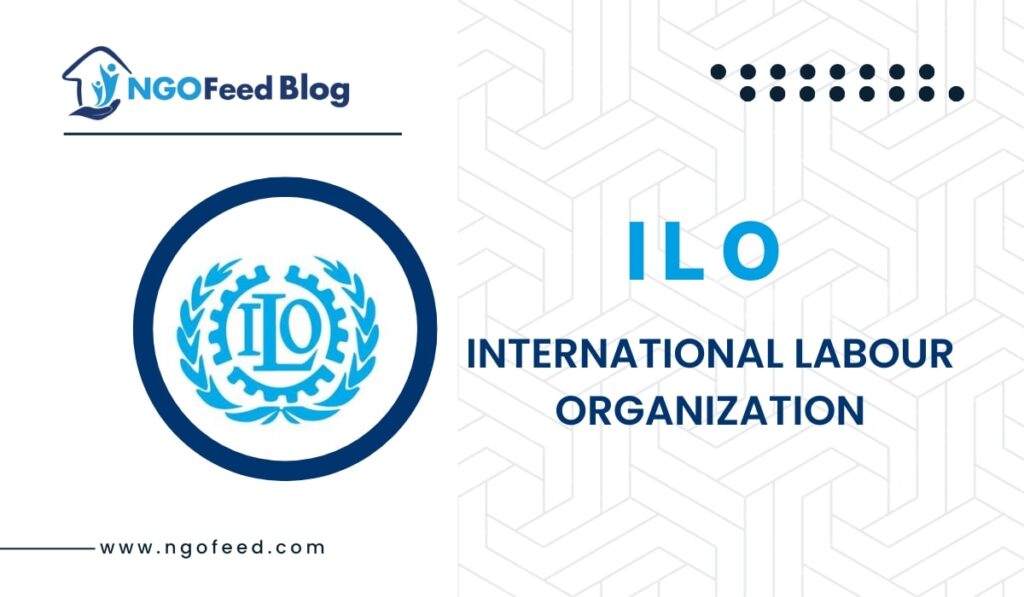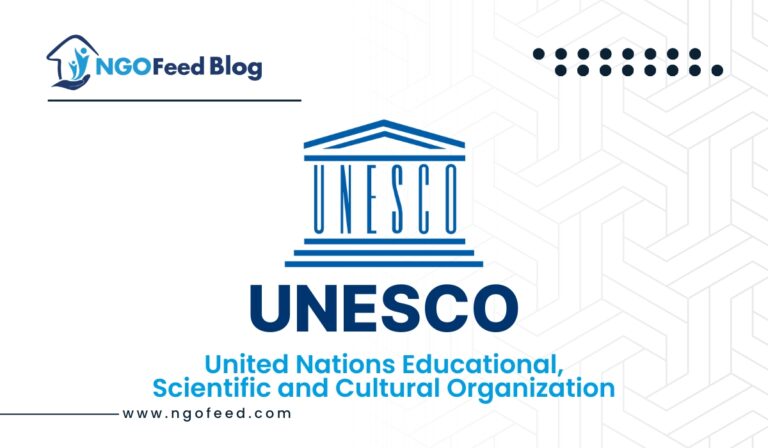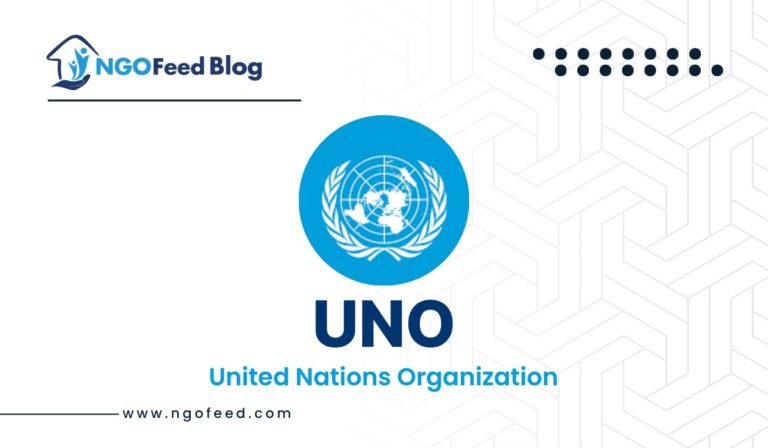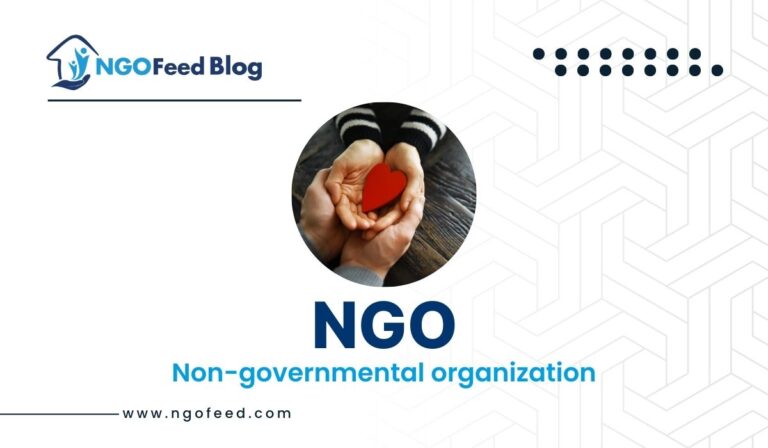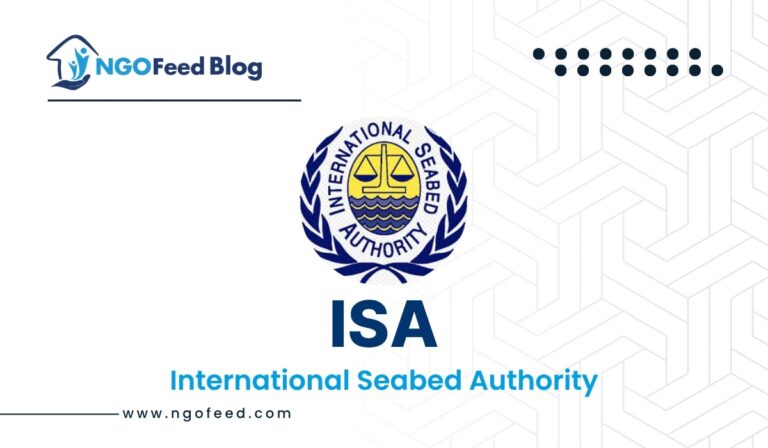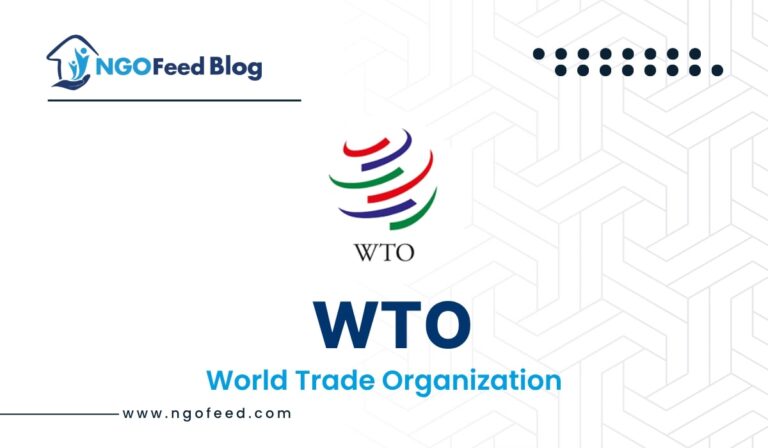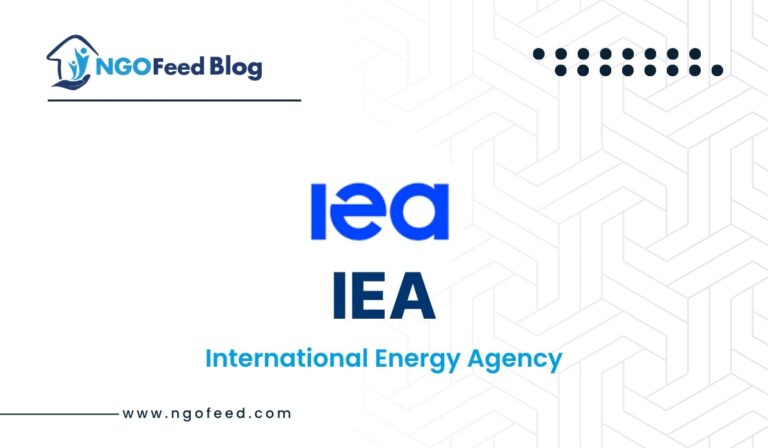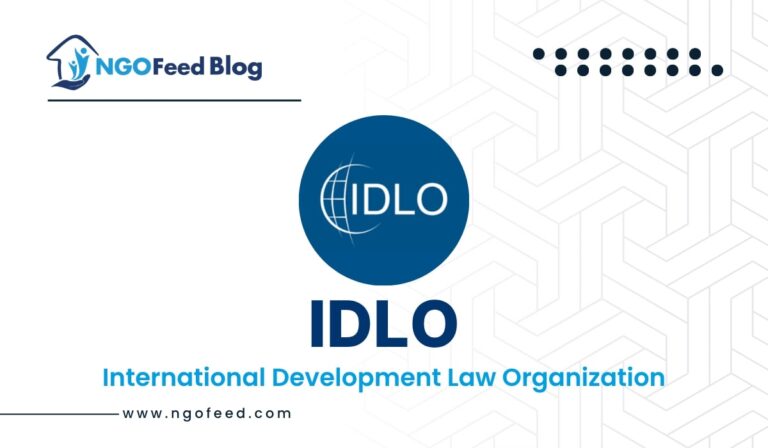ILO Full Form: The ILO stands for International Labour Organization, and its workplace was established by the World organization to line international labor standards and advance social and economic justice throughout the planet. The sole tripartite U.N. agency, since 1919, the ILO brought together governments, employers, and workers of 187 member States, to line labor standards, develop policies and devise programs promoting decent work for all women and men. The ILO celebrated its 100th anniversary in 2019; it’s time to reflect on the life-changing events linked to the ten decades of ILO history. The organization has played a job at critical historical junctures – the excellent Depression, decolonization, the creation of Solidarnosc in Poland, the victory over apartheid in South Africa – and today, within the building of an ethical and productive framework for fair globalization.
The International Labour Organization (ILO) is dedicated to promoting social justice, and internationally recognized human and labor rights, establishing that social justice is critical to universal and lasting peace. The ILO also valued what impact a transition to a green economy would wear employment. Consistent with the ILO, if the proper policies are put in situ, a change to a greener economy could create 24 million new jobs around the world by 2030.
Table of Contents
ILO Overview
Here in this section, we provide a short overview of ILO (International Labour Organization). Let’s have a look.
| ILO | International Labour Organization |
| Headquarters | Geneva, Switzerland |
| Formation | 11 April 1919; 102 years ago |
| Type | United Nations specialised agency |
| Parent organisation | United Nations General Assembly United Nations Economic and Social Council |
| Website | http://www.ilo.org/ |
| Awards | 1969 Nobel Peace Prize |
History of ILO
Before we start with detailed information, let’s look at the history of ILO (International Labour Organization).
Though officially founded in 1919 after World War I, the International Labour Organization (ILO) was firmly entrenched in a pre-existing base of social ideas and global cooperation. Through prior personal, business, and ideological networks, its main founders had already made major contributions to labor policy and social change. These people belonged to dynamic “epistemic communities” that had long exchanged ideas, experiences, and policy initiatives across borders. Particularly important in early international labor politics were groups like the International Association for Labour Legislation (IALL), created in 1900, and more general political movements such the socialist Second International. Along with helping to shape the ILO’s foundation, these networks also provided the foundation for its ideas and organizational framework. The ILO was the first specialized agency formally connected with the recently founded United Nations in 1946. Acknowledging its important role in promoting peace through labor rights, the Nobel Peace Prize in 1969 was given to it for its constant dedication to advancing social justice and fair labor standards globally.
Read also:
List of Programmer & Issues Done by ILO
In this section, we provide information about the list of programmer and Issues done by the ILO (International Labour Organization). Let’s have a look.
| List of Programmer | List of Issue | List of Issue |
|---|---|---|
| Labour statistics | Forced labor | Migrant workers |
| Training and teaching units | Minimum wage law | Domestic workers |
| Child labor | HIV/AIDS | ILO and globalization and Future of Work |
Objective of ILO
Here in this section, we are providing detailed information about ILO’s (International Labour Organization) objective. Let’s have a look.
- Promote and realize standards and fundamental principles, and rights at work.
- Create greater opportunities for women and men for decent employment and income.
- Enhance the coverage and effectiveness of social protection for all, and
- Strengthen tripartism and social dialogue.
Structure of ILO
- Governing Body
- International Labor Office
- International Labour Conference
ILO Agenda for 2030
- Create more jobs for everyone.
- Ensure that all workers have rights and protections at work.
- Provide social protection for workers and their families.
- Encourage open and respectful communication between workers, employers, and governments.
- Focus on gender equality in all aspects of work.
- Aim for fair globalization and poverty reduction through productive employment.
- Work towards sustainable economic growth that benefits everyone.
Benefits of the International Labour Organization (ILO)
- Protects workers’ rights globally.
- Sets minimum standards for working conditions.
- Promotes fairness in the global labour market.
- Helps create decent and productive jobs for both men and women.
- Supports gender equality at work.
- Encourages education and training for better employment opportunities.
- Advocates for policies that benefit workers, employers, and societies.
Limitations of the International Labour Organization (ILO)
- Can’t force countries to follow its rules.
- Depends on member countries for money and support.
- Doesn’t have as much money as other big organizations.
- Can only focus on labor and employment issues.
Conclusion
Since its founding in 1919, the International Labour Organization (ILO) has served as a global leader in social justice, advocating for workers’ rights and decent work practices. The ILO continues to promote equitable globalization, gender equality, and sustainable economic growth. It has a rich history and a comprehensive agenda for the future. Notwithstanding these drawbacks, the ILO makes a substantial contribution to the creation of a more just and prosperous world for all people through its efforts to create standards, safeguard workers, and promote communication among stakeholders.
Frequently Asked Questions (FAQs)
What does ILO mean?
International Labour Organization is a specific agency of the United Nations (UN) that deals with labor-related issues worldwide, including changing labour conditions and employment standards.
What is the Full Form of ILO?
The full form of ILO is International Labour Organization
What is the full form of ILO in the United Nations?
International Labour Organization
What is the full form of ILO in Associations & Organizations?
International Labour Organization
Read also:

